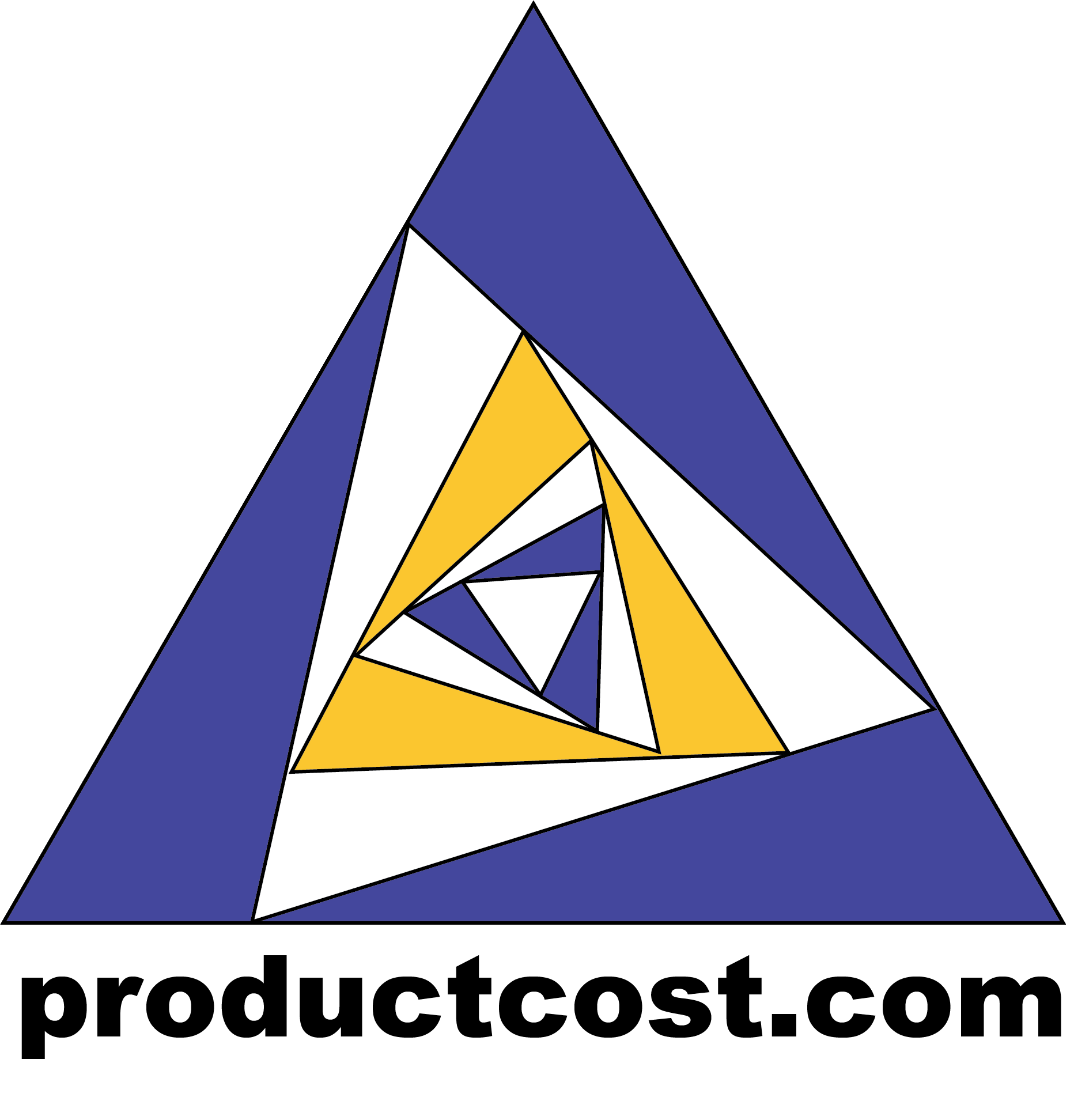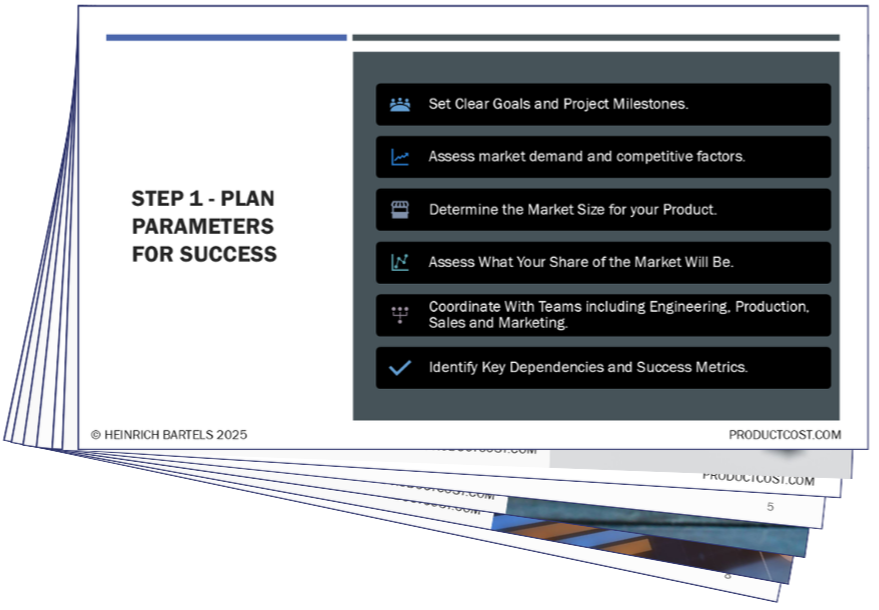Do engineers graduate with commercial skills?
Mar 04, 2025
Engineering colleges across the world place a large emphasis on the technical subjects needed to be effective in engineering. This is important since there are many technical considerations that engineers need to include when developing products. This has shown to be effective in that many engineers graduate each year and consistently develop products that are practical, user friendly and safe. Graduate engineers are, however, lacking commercial skills which would maximize the benefit to their companies and allow them to grow in their careers.
Commercial Aspects of Development
Bringing products to market does involve a number of steps that are not formally taught at engineering colleges. These include:
- Developing business cases for product development and commercialization.
- Integrating product development with a marketing strategy.
- Consideration of marketing, commercial, production and sales when developing requirements.
- Developing products using design for manufacturing techniques to improve the producibility and decrease cost.
- Transitioning prototypes to products produced in volume.
- Maintaining product cost as primary parameter while developing a product. Usually costing occurs after the product is completed when it is very difficult to go back and make major changes to the cost in line. It would be more effective to include the impact of labor costs on parts during the development process. This can be accomplished using a simplified approach with a factor for complexity combined with other factors.
Larger companies will very often involve people from different disciplines to work with the engineering team to achieve the points outlined above. For small to medium-sized companies this is harder to achieve since these companies have fewer people with a narrower overall skill set.
Requirements
There is some focus that is placed on developing requirements, although little emphasis is placed on how important it is to gather these from a broader team including sales, operations personnel, customers, purchasers and business leaders. For the most part there is not much appreciation for how dynamic requirements are and that the requirements development process exists for the whole duration of a development project. Often new requirements are added during the development process and at other times certain requirements need to be reduced or eliminated. When requirements are not properly vetted, this will lead to products not meeting customer expectations resulting in products that cannot be marketed or have limited value.
Current Status
When engineers graduate, employers will often expect an engineer to include commercial aspects in their work. Industrial and process engineers will for the most part have a significant appreciation for manufacturing and process impacts for new products being deployed and can usually develop other commercial skills directly applicable to their work on the job. Mechanical and electrical engineers will generally have less exposure to commercial aspects of product development prior to graduating and will need to learn these skills on the job. Many mechanical and electrical engineers will develop the needed commercial skills. There are, however, a number of engineers that never develop an appreciation for commercial aspects of engineering. This often leads to dysfunctional relationships with other company functions such as procurement, sales and manufacturing resulting in ineffective deployments of products.
Opportunities for inclusion of commercial courses in the United States
About a quarter of courses required to graduate in engineering colleges in the United States are not related engineering (These courses are sometimes referred to as “Gen Ed”). To meet the requirements of an ABET accreditation, universities are generally unable to include non-technical courses in the primary curriculum. For that reason, it would be of great benefit if a portion of the 25% of the courses not directly to engineering were allocated to courses including commercial aspects of product development. A starting point would be to allocate 10% of the total requirement for graduation to commercial aspects of engineering. This would allow graduates to be more effective in commercially deploying products at their first job. Some courses used for this allocation would still need to be developed. It is recommended that industry is consulted during development process of these new courses.
In Summary
There is a need to collate which skills are required to turn out better rounded graduate engineers who can be more effectively plugged into companies to assist with developing cost-effective solutions that better meet customers’ expectations. This can also be extended to the marketing of a product which is usually started at the end of a product development cycle with a “toss over the wall” approach. Marketing demands need to be considered during the whole process such that requirements are addressed in a pro-active manner rather than an afterthought. Many of the courses needed to provide a better engineering education exist today and a re-allocation of a portion of the “Gen Ed” requirement to commercial courses will go a long way in addressing the missing commercial skill sets of graduating engineers.
While these critical skill sets are not being addressed by engineering colleges, they can be improved by the training offered here at productcost.com.


